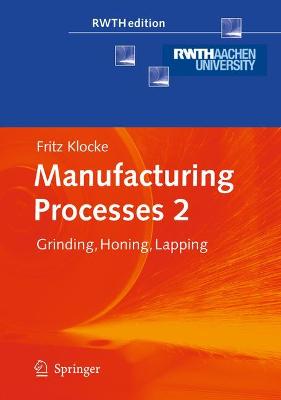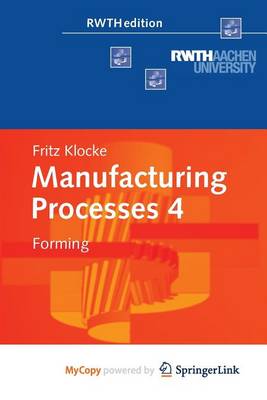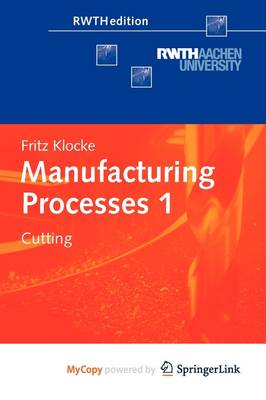RWTHedition
3 total works
This book provides essential information on metal forming, utilizing a practical distinction between bulk and sheet metal forming. In the field of bulk forming, it examines processes of cold, warm and hot bulk forming, as well as rolling and a new addition, the process of thixoforming. As for the field of sheet metal working, on the one hand it deals with sheet metal forming processes (deep drawing, flange forming, stretch drawing, metal spinning and bending). In terms of special processes, the chapters on internal high-pressure forming and high rate forming have been revised and refined. On the other, the book elucidates and presents the state of the art in sheet metal separation processes (shearing and fineblanking). Furthermore, joining by forming has been added to the new edition as a new chapter describing mechanical methods for joining sheet metals.
The new chapter "Basic Principles" addresses both sheet metal and bulk forming, in addition to metal physics, plastomechanics and computational basics; these points are complemented by the newly added topics of metallography and analysis, materials and processes for testing, and tribology and lubrication techniques. The chapters are supplemented by an in-depth description of modern numeric methods such as the finite element method. All chapters have been updated and revised for the new edition, and many practical examples from modern manufacturing processes have been added.
The book series on manufacturing processes for engineers is a reference work for scientific and industrial experts. This volume on Turning, Milling and Drilling starts from the basic principles of machining with geometrically defined cutting edges based on a common active principle. In addition, appropriate tool designs as well as the reasonable use of cutting material are presented. A detailed chapter about the machinability of the most important workpiece materials, such as steel and cast iron, light metal alloys and high temperature resistant materials imparts a broad knowledge of the interrelations between workpiece materials, cutting materials and process parameters.
This book is in the RWTHedition Series as are the other four volumes of the reference work.


